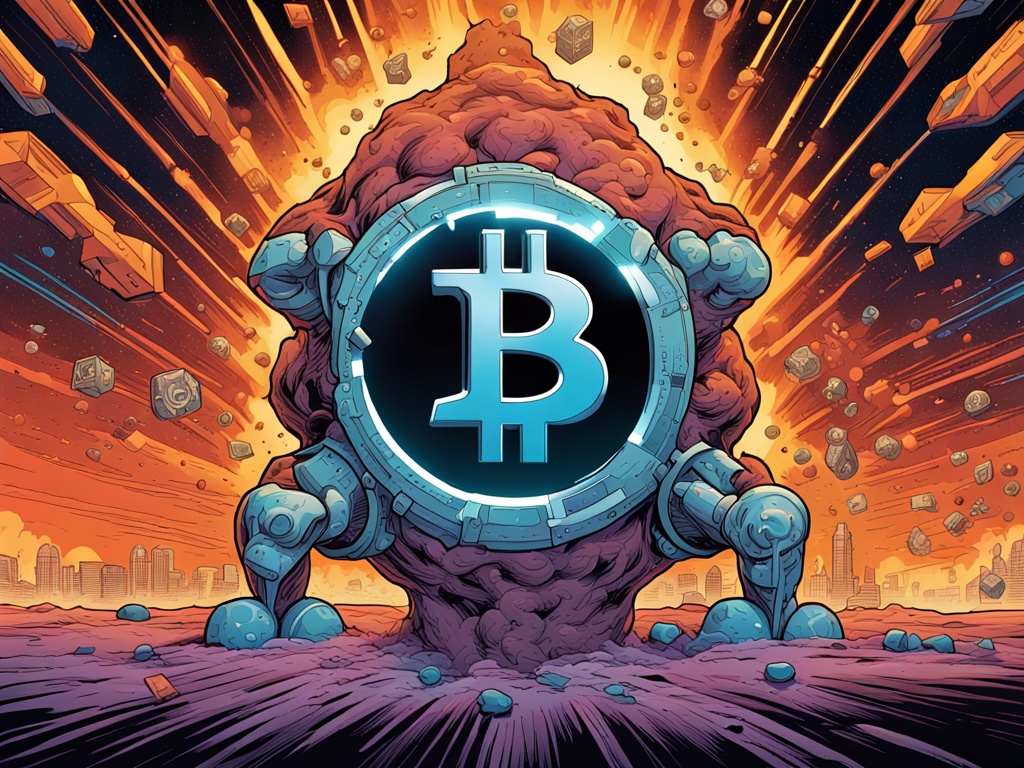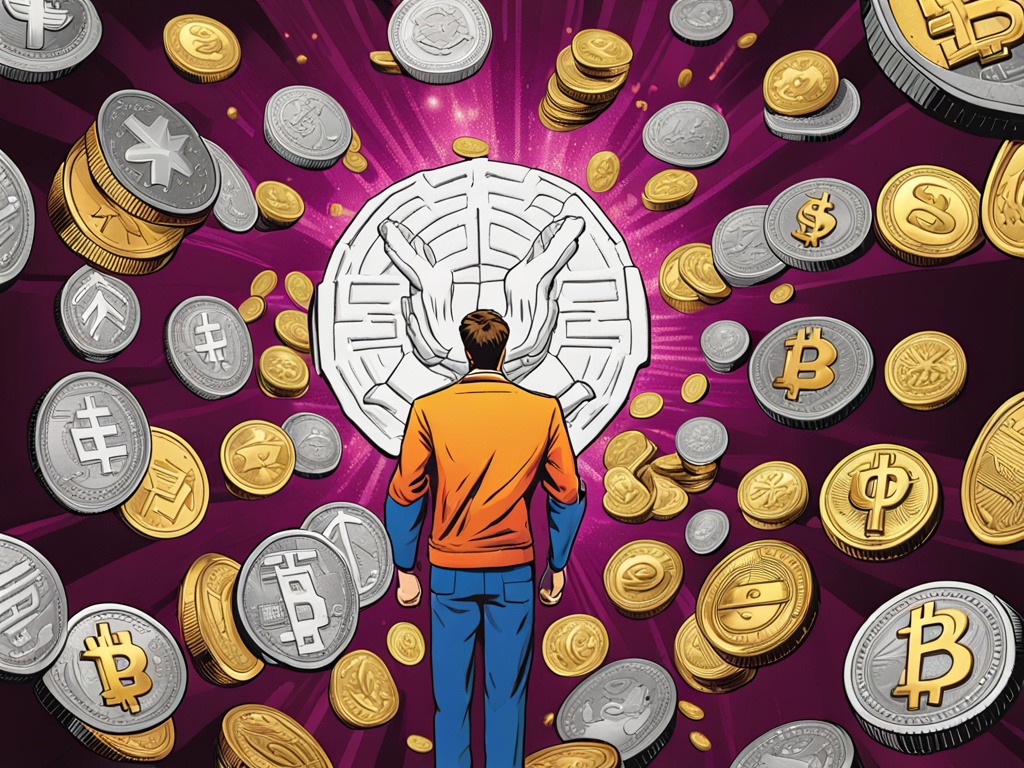Upcoming Changes at the SEC: Examination of Ripple’s Impact 🚀
This year marks a significant transition as Paul Atkins is poised to succeed Gary Gensler as the head of the SEC. Amid this change, legal experts, including JW Verret, have raised concerns that the agency may face serious repercussions if it continues its pursuit of the Ripple case.
When the SEC initiated its campaign against cryptocurrencies, it did not anticipate facing substantial resistance from the federal courts. Judges are now increasingly questioning the SEC’s stringent interpretation of longstanding securities regulations. This ongoing legal battle could eventually escalate to the Supreme Court’s attention.
Judge Torres Challenges SEC’s Claims 🔍
The conflict initiated in 2020 when the SEC filed a lawsuit against Ripple Labs, asserting that the XRP token was an unregistered security. A landmark decision from Judge Analisa Torres stated that sales of XRP on public exchanges do not constitute securities transactions, a ruling currently under appeal by the SEC.
Judge Jed Rakoff’s Stance: A Broader Perspective 📏
In a separate case involving Terraform Labs, Judge Jed Rakoff has proposed a more expansive viewpoint regarding the SEC’s stance on cryptocurrencies. He implies that tokens, irrespective of their selling methods, might be classified as securities. This divergence in judicial perspectives creates significant legal ambiguity, potentially leading to intervention from the Supreme Court.
This line of thinking could profoundly influence the landscape of the crypto market. For instance, Judge Rakoff’s interpretation of the Howey test—often used to determine securities—could suggest that transactions involving Luna tokens, even by parties unassociated with Terraform, could be classified as securities offerings.
Concerns Over Undefined Regulatory Boundaries ⚖️
Should this reasoning continue, it raises the unsettling prospect that even established cryptocurrencies like Bitcoin might be labeled as securities, simply because of the involvement of its developers in the network’s maintenance. Such a shift could result in an extensive increase in SEC regulatory oversight, potentially spilling over to various assets such as precious metals and loyalty programs.
The ongoing appeal in the Ripple case presents a risk for the SEC, as it may prompt higher courts to define specific limitations on the agency’s regulatory powers, thereby necessitating clearer legislative authorization from Congress.
Potential Backlash from SEC Strategies ⚡
The situation is further complicated by Coinbase’s conflict with the SEC, where courts have started to challenge the agency’s reluctance to outline explicit guidelines for cryptocurrency trading. Such hesitance could result in Supreme Court intervention as well. The SEC’s reliance on the Howey test, applied broadly against bona fide crypto firms like Ripple, Coinbase, Kraken, and Uniswap, may ultimately diminish the effectiveness of this legal benchmark in the face of judicial scrutiny.
This aggressive regulatory posture from the SEC towards the cryptocurrency sector could have unintended consequences. By maintaining its stance in the Ripple case and failing to delineate clear regulations, the SEC risks eroding its authority. The potential for a Supreme Court ruling to curtail the SEC’s powers looms large, which could weaken its future capacity to enforce regulations in the crypto space—particularly in the wake of the upcoming 2024 elections.
Hot Take: Navigating the Legal Landscape ⚔️
The current situation surrounding Ripple and the SEC reflects a broader challenge within the cryptocurrency industry—navigating an uncertain regulatory landscape. As federal judges continue to express skepticism regarding the SEC’s traditional regulations and their applicability to digital currencies, the foundation of crypto regulation appears to be shifting.
If the judicial branch asserts influence over the regulatory framework for cryptocurrencies, it may lead to significant changes in how future digital tokens are treated. The attention from higher courts could clarify the law, potentially reshaping the relationship between innovative technology and the regulatory bodies that oversee them.
This dynamic should motivate stakeholders in the crypto industry to closely monitor ongoing developments and prepare for a future characterized by potential regulatory shifts.





 By
By
 By
By
 By
By


 By
By